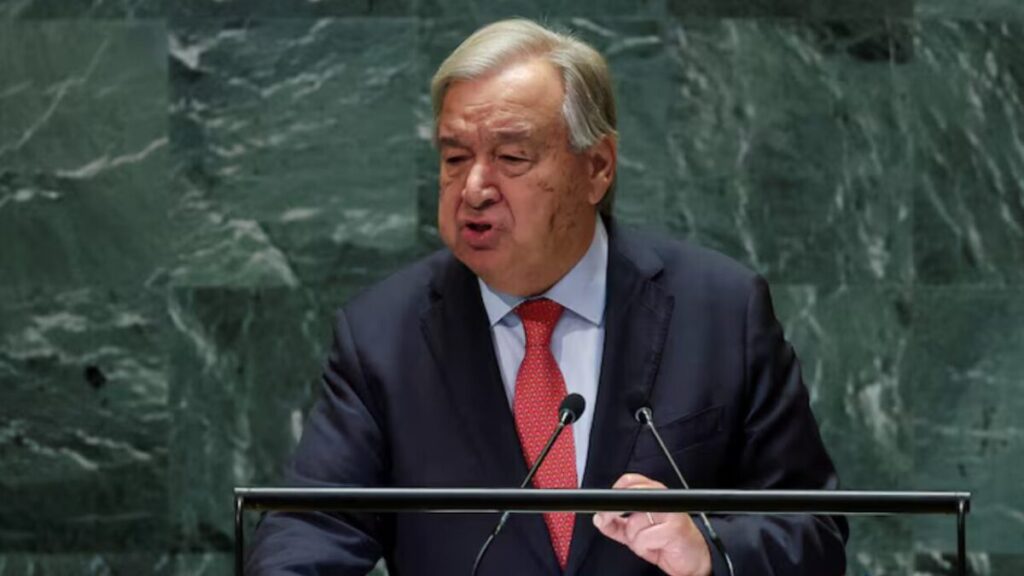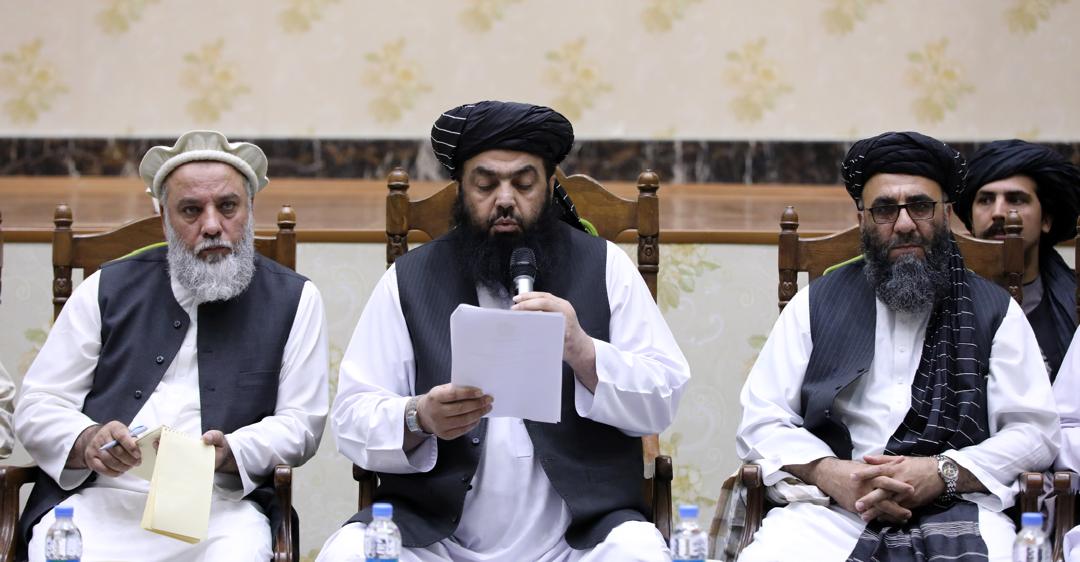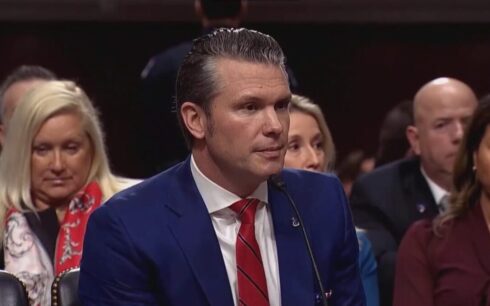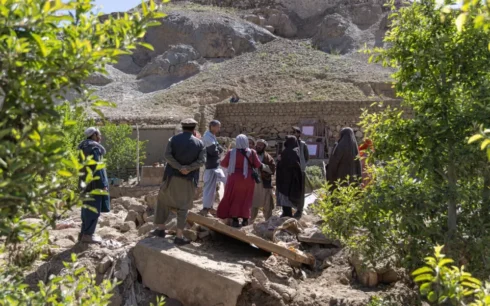Abdul Kabir, the Taliban’s deputy chief minister for political affairs, has asserted that the Taliban’s leadership is inclusive and free of discrimination, despite widespread criticism from citizens and international observers.
In a statement released by Arg, the Taliban-controlled Presidential Palace, Kabir was quoted as saying, “We do not allow discrimination or racism in the government, and the doors of the government are open to all people.”
He made the remarks during a meeting with tribal elders from Panjshir, a region with a strong anti-Taliban resistance history.
However, human rights activists and Afghan citizens have described the Taliban’s administration as exclusionary, with significant accusations of misogyny and ethnic bias. They argue that their political structure leaves no room for women, ethnic minorities, or non-Taliban figures.
Critics argue that despite the Taliban’s claims of inclusivity, their rule remains dominated by Pashtuns—the ethnic group most Taliban leaders belong to—while other ethnic and religious groups remain largely marginalized.
Reaction to international criticism
Kabir’s comments appear to be a response to mounting international pressure for the Taliban to form an “inclusive government”. Recently, Iran’s special envoy for Afghanistan, Hassan Kazemi Qomi, emphasized that a government composed solely of one ethnic group, gender, and religious sect does not reflect the needs of Afghanistan’s diverse society. Qomi reiterated his country’s call for the Taliban to expand their administration to include broader representation.
The criticism of the lack of an inclusive government has also been echoed by other nations, including Russia, China, and Pakistan, as well as international bodies like the United Nations.
The UN’s special coordinator for Afghanistan has repeatedly urged the Taliban to ensure that all sectors of Afghan society are represented in the government, highlighting the importance of meaningful participation by ethnic and religious minorities and women.
Critics highlight exclusion of women and minorities
Despite Kabir’s assurances, Afghan citizens argue that the Taliban rule is built around a narrow, exclusionary framework. “The current government is based on a specific ideology and class, excluding women and ethnic minorities,” said one resident of Kabul.
Women, in particular, have been completely sidelined. No senior positions in the Taliban’s cabinet are held by women, and the few ethnic minorities who are represented in the Taliban-led administration are said to be chosen based on their alignment with Taliban ideology, rather than genuine inclusion.
Human rights activist Masouda Kohistani described the Taliban’s administration as “a symbol of injustice,” adding that the government is dominated by a single ethnic group and gender, with only a superficial nod to diversity.
“The current system is made up of Taliban-aligned Pashtuns, while women, Hazaras, Tajiks, and Uzbeks are excluded,” Kohistani said. “Even the few ethnic minorities involved are selected based on loyalty to the Taliban’s ideology.”
A closer look at the Taliban’s organizational structure reveals the dominance of Pashtuns in key positions. Hibatullah Akhundzada, the supreme leader, and Mullah Hassan Akhund, the prime minister, are both ethnic Pashtuns.
Most critical ministries, including Defense, Interior, Intelligence, Finance, and Foreign Affairs, are also led by Pashtuns. A handful of positions, such as the Ministries of Industry and Commerce, Economy, and the role of Army Chief of Staff, are held by Tajiks, while Turkmen occupy lower-level posts, such as the minister of agriculture.
Yet, despite these nominal appointments, critics argue that non-Pashtun officials in the Taliban regime have little real influence and are often selected based on their willingness to conform to Taliban policies rather than represent their communities.
International pressure for change
The international community has consistently urged the Taliban to broaden their administration and include women and minorities. In his address to the 79th session of the United Nations General Assembly, Pakistani Prime Minister Shehbaz Sharif stressed the need for an inclusive government in Afghanistan that reflects the country’s diverse population.
Meanwhile, Germany, Australia, the Netherlands, and Canada recently took action to hold the Taliban accountable for their exclusionary policies. Two weeks ago, these countries issued a joint statement launching a process to bring the Taliban before the International Court of Justice under the Convention on the Elimination of All Forms of Discrimination Against Women (CEDAW), highlighting the regime’s violations of women’s and girls’ rights.

The UN Secretary-General’s special report on Afghanistan also underscored the need for an inclusive political system, noting that Afghanistan’s long-term stability and the international community’s engagement with the Taliban hinge on meaningful reforms. However, as the Taliban continues to resist such changes, questions remain about the future of governance in Afghanistan.
Despite ongoing criticism, Taliban shows little sign of altering its approach. For now, the group maintains that it is fostering an inclusive environment—while many inside and outside the country see a system that largely excludes women, ethnic minorities, and anyone outside the Taliban’s ideological fold.





